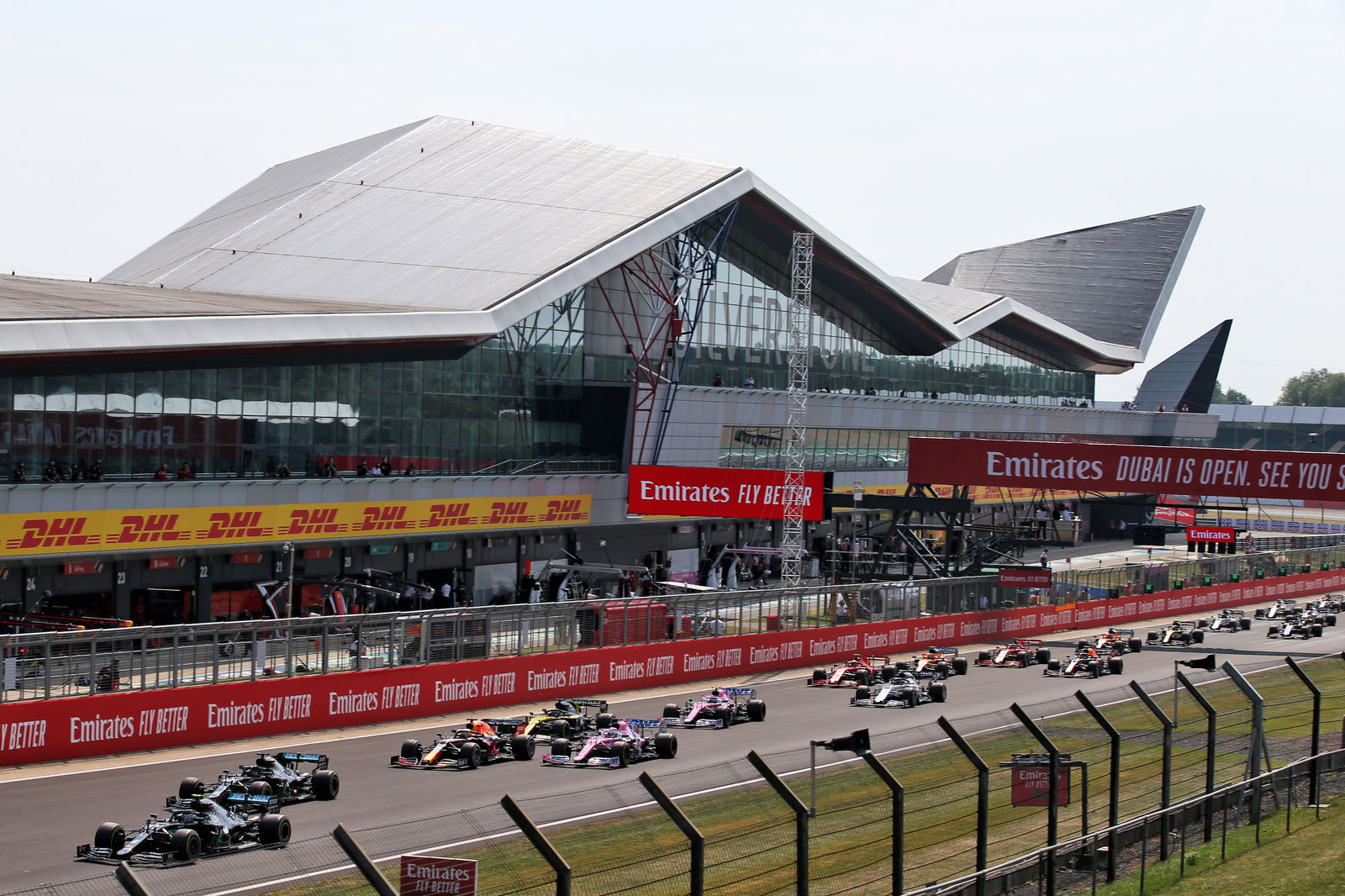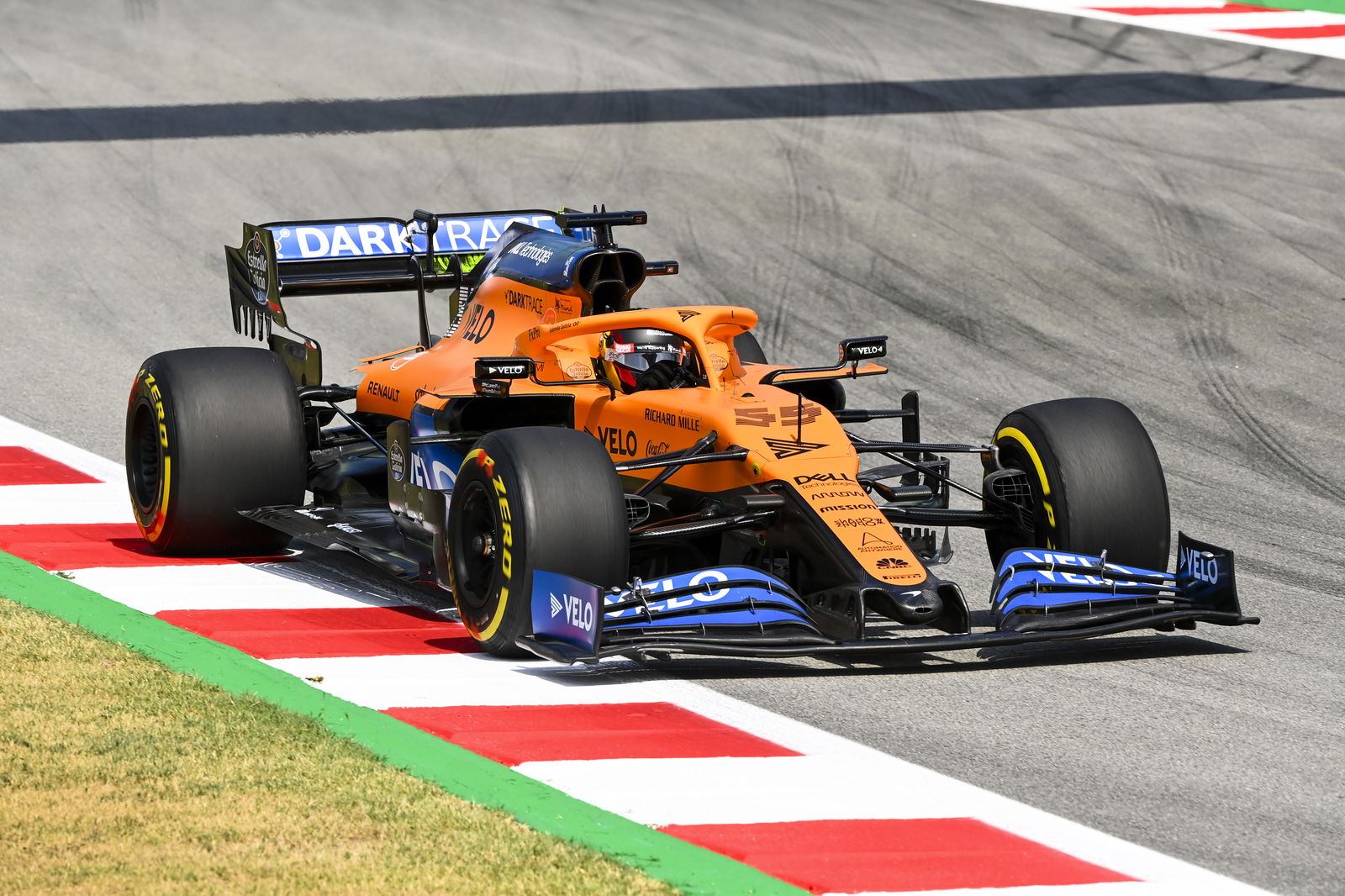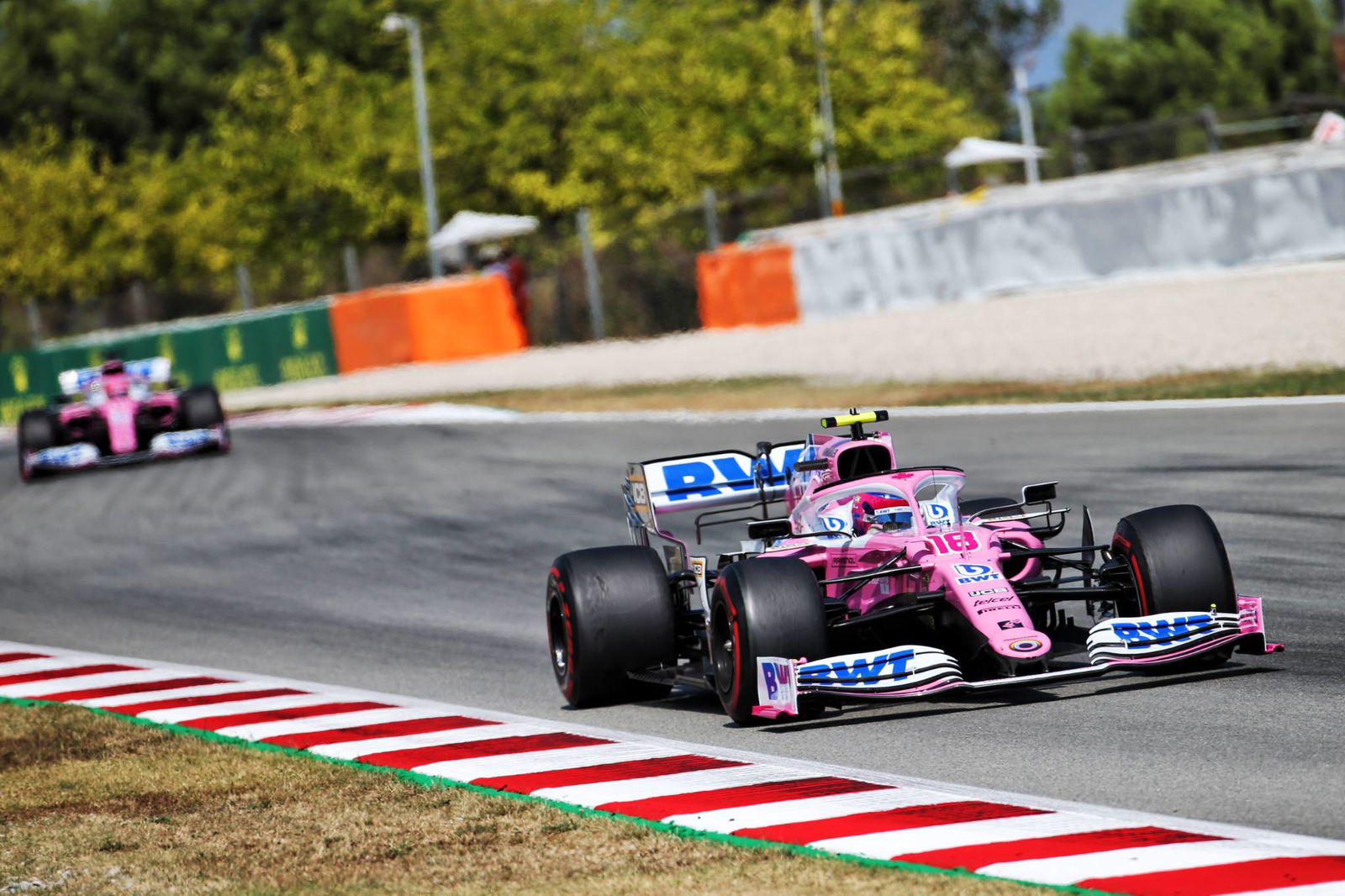How F1 prevailed against the odds to deliver on its 2020 promise

Formula 1 has pulled off what was an unthinkable feat just a few months ago in achieving its goal of a 15-18 round world championship season.
On Tuesday, F1 named the final four races that will conclude the 2020 season which will be made up of a total of 17 events in total, sitting slap bang in the middle of chairman and CEO Chase Carey’s initial target which he outlined back in May.
With the coronavirus pandemic still at its peak, and worsening in many countries including the United Kingdom, many - including this writer - were skeptical of such a plan being possible to pull off. At the height of the pandemic and with grands prix getting cancelled left, right and centre, it was an aim that seemed optimistic at best.
But F1 has delivered upon its promise in resounding style amid incredibly challenging and difficult circumstances, and that deserves acknowledgement and great credit.
Following the Australian Grand Prix debacle and the 11th hour cancellation of what was originally meant to be F1’s season-opener, F1 went back to the drawing board amid a barrage of criticism and calmly and patiently set about its plans to get the campaign off the ground.
The opening 10 races on the original calendar were all called off and the start of the season was ultimately postponed until July. An ambitious and hectic initial eight-round schedule to open the year was announced, beginning with a double-header in Austria.
The remainder of the calendar has slowly been taking shape ever since, with championship bosses working around the clock with extreme perseverance to piece together further races, including some left-field options at new and former circuits such as Mugello, the Nurburgring, Portimao and Imola.
Ahead of the start of the third triple-header of 2020 in Belgium this weekend, the rejigged calendar was completed in full with the confirmation of a return for the Turkish Grand Prix.
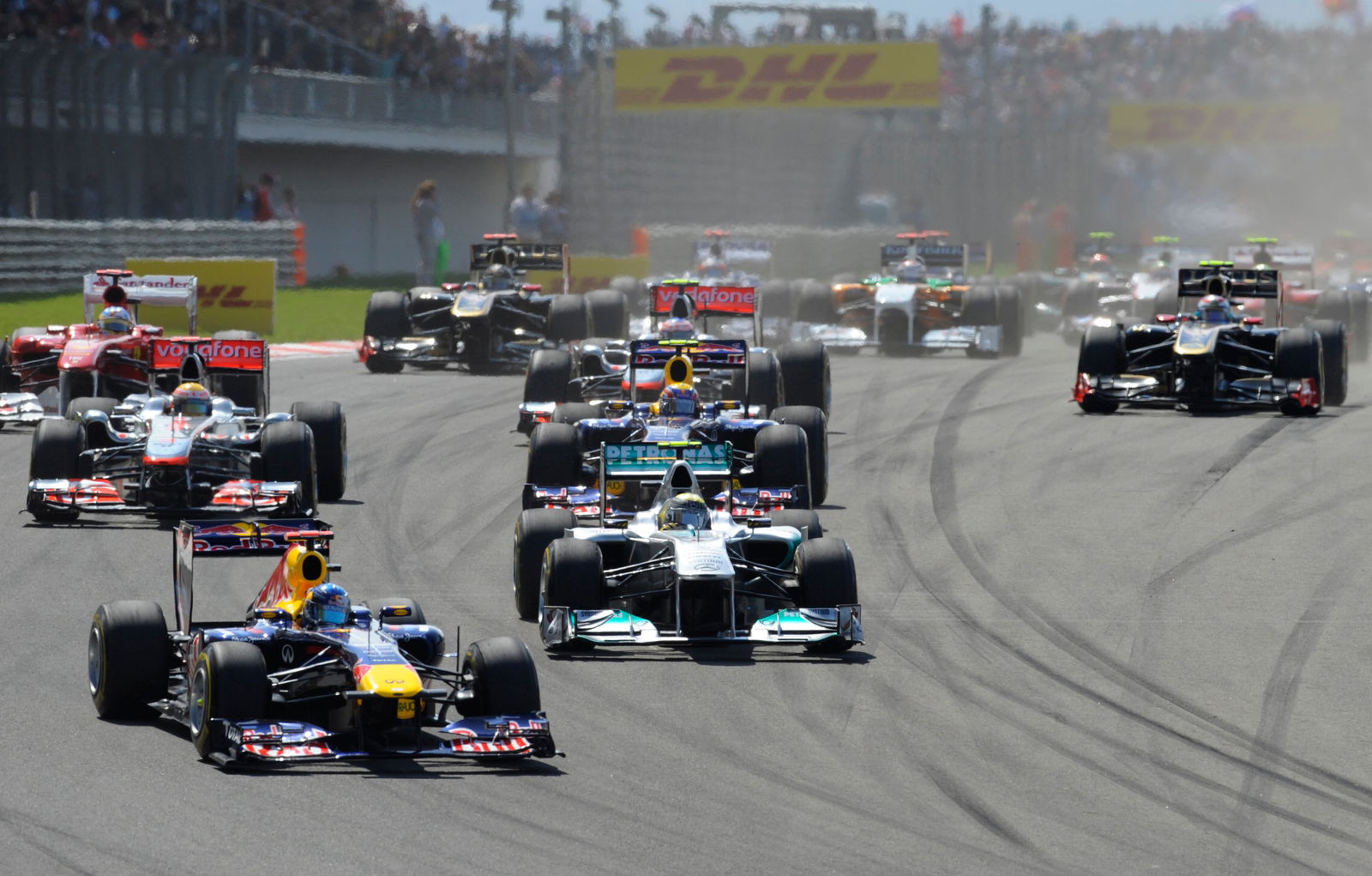
The first race to be staged at Istanbul Park since Sebastian Vettel’s victory in 2011 will be held on November 15, before the F1 circus moves onto a double-header in Bahrain on November 29 and December 6. Bahrain will be the third venue after Austria and Silverstone to host back-to-back events and kick off the fourth and final triple-header.
Abu Dhabi retains its traditional place as the F1 finale, but the race has moved from its original November 29 slot to just 12 days before Christmas on December 13, making it the latest finish to an F1 season since 1963.
2020 will be the first season since 1986 that there has not been a grand prix in Asia following the cancellation of the Chinese Grand Prix and impending cancellation of its planned inaugural race in Vietnam, originally due to take place in April. It also marks the first year since 1984 that Australia has not held a race.
"This year has presented F1 and the world with an unprecedented challenge and we want to pay tribute to everyone across F1, the FIA, the teams, and our partners who have made this possible,” said Carey.
"While we are all disappointed that we have not been able to return to some of our planned races this year we are confident our season has started well and will continue to deliver plenty of excitement with traditional, as well as new, races that will entertain all our fans."
Additions at Mugello, Portimao, Imola and Turkey have been particularly well received among drivers and fans alike, and will provide yet another challenge to the second half of what already promises to be an unprecedented F1 season.
The majority of the drivers in the field have never graced the aforementioned tracks in modern-day F1 machinery, providing an added air of intrigue to the latter stages of the campaign. In total, five venues not on the original 22-race calendar have been added to what will be the shortest grand prix season since 2009.
It has ultimately been made possible thanks to some monumental planning and the implementation of strict COVID-19 protocols that have resulted in thousands of tests being carried out on all F1 personnel, which have returned only a handful of positive cases.
Not only has F1 helped safeguard the sport and its 10 teams through the critical revenue that will be brought in via its 17-round season, it has also balanced the tricky jigsaw puzzle of finalising a heavily disrupted calendar whilst successfully bringing all the teams together in a rare showing of unity on a number of key matters.
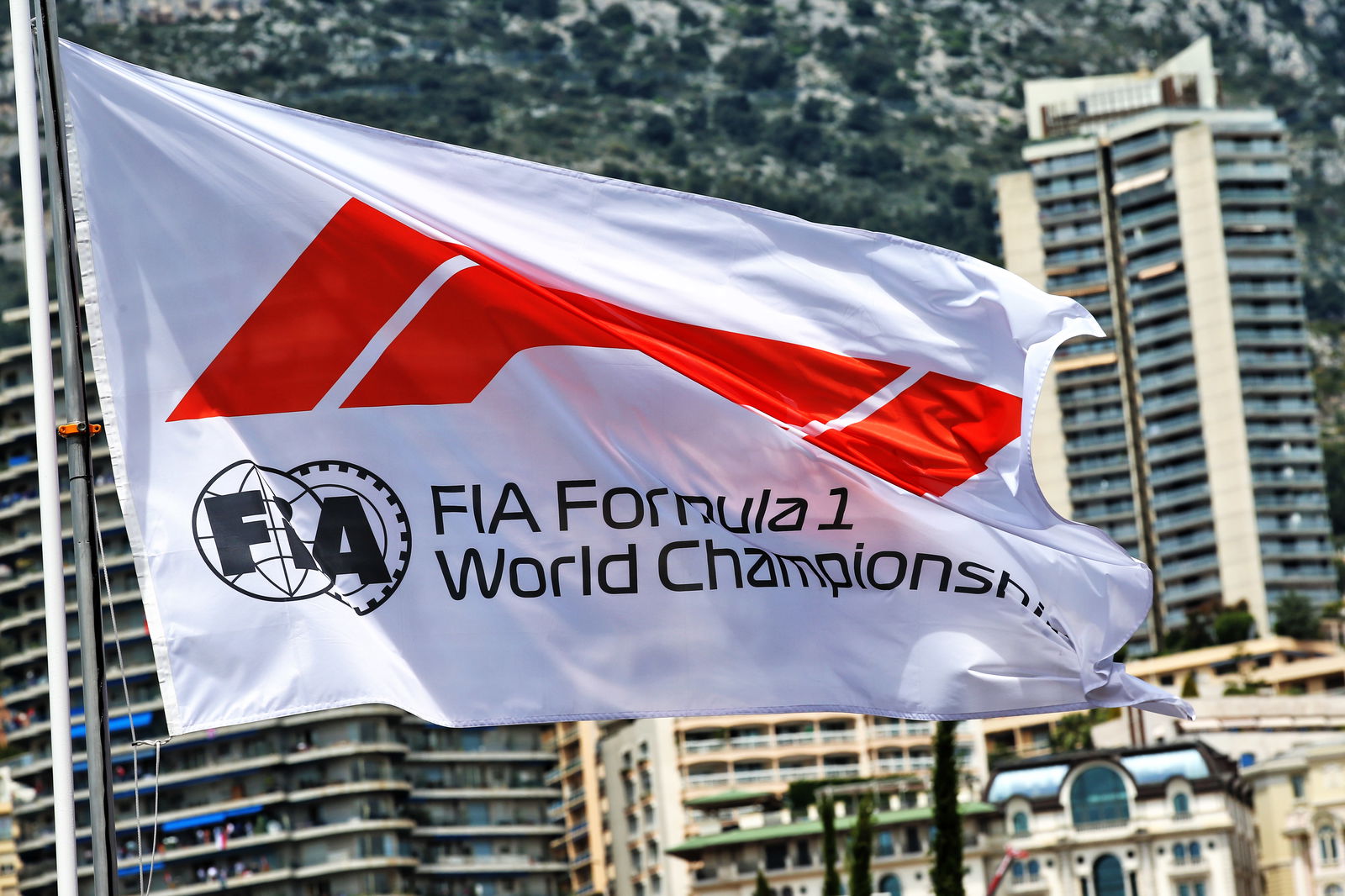
Major technical regulations aimed at bringing the field closer together have been delayed by a year until 2022 as part of a package of cost-saving measures that includes the implementation of a $145m budget cap for 2021.
Remarkably, F1 has also convinced all 10 teams to commit to the sport through at least 2025 with a new Concorde Agreement that shares its vision to create a more competitive and financially viable world championship. This is by no means a small feat.
F1 still has some hurdles to pass, including achieving its ambition of getting fans back to grands prix with the first races of the season taking place behind closed doors.
The championship’s official release on Tuesday stated it was working on having “a limited number of fans” at some of the races but did not provide any specific details.
The Russian Grand Prix has already said it plans to allow some spectators to attend the Sochi race at the end of September, while Portugal’s Portimao and organisers at the Nurburgring and Imola are also hopeful of permitting fans to their respective events.
One race that will definitely be held without spectators will be the season finale in Abu Dhabi after the Yas Marina Circuit confirmed it will be run in the same manner as the opening races to be held with reduced personnel on-site.
Getting fans back into events before the season’s end would tick yet another positive milestone for the world championship in a year in which it has already delivered a miraculous feat against the odds.
F1 has battled an unpredictable and ever-changing situation caused by coronavirus, subsequent travel restrictions, and new virus outbreaks around the world, and looks to have won.
